Choosing the right Partial Hospitalization Program (PHP) is a crucial step in the recovery process for those struggling with eating disorders. A PHP provides a high level of care and support, offering medical monitoring and therapeutic treatment while allowing patients to maintain some of their daily routines. Below is a quick overview of essential treatment options and considerations when selecting a PHP for eating disorder recovery.
Quick Overview of Treatment Options in a Partial Hospitalization Program (PHP):
- Medical Monitoring: Regular check-ups to monitor physical health and manage complications.
- Nutritional Counseling: Guidance from a registered dietitian to develop balanced eating patterns and address disordered eating behaviors.
- Individual Therapy: One-on-one sessions focusing on personal recovery goals, emotional regulation, and coping strategies.
- Group Therapy: Peer support and shared experiences in a structured environment.
- Family Therapy: Involves family members to create a supportive home environment and address relational dynamics.
- Aftercare and Support Services: Follow-up appointments, support groups, and continued care resources to maintain recovery.
Understanding Eating Disorders
Eating disorders are serious mental health conditions that involve disturbances in eating behaviors and related thoughts and emotions. They can affect anyone, regardless of age, sex, or race, and can have life-threatening consequences if not treated properly. The most common types of eating disorders include anorexia nervosa, bulimia nervosa, and binge eating disorder.
These disorders often co-occur with other mental health issues such as anxiety, depression, and substance abuse. The complexity of these conditions necessitates a comprehensive treatment approach that addresses the disorder’s physical and psychological aspects.
What is a Partial Hospitalization Program?
A Partial Hospitalization Program (PHP) is an outpatient treatment that provides a high level of care while allowing patients to maintain some level of normalcy in their daily lives. Patients typically attend the program for several hours a day, five to seven days a week, and return home at the end of the day.
PHPs offer various services, including medical monitoring, nutritional counseling, individual and group therapy, and family therapy. The goal of a PHP is to stabilize the patient’s physical health while providing them with the skills and support they need to overcome their eating disorder.
Factors to Consider When Choosing a PHP
Selecting the right PHP can significantly impact recovery success. Here are key factors to keep in mind:
1. Accreditation and Licensing
Ensure the PHP is accredited by reputable organizations such as the Joint Commission or the Commission on Accreditation of Rehabilitation Facilities (CARF). Accreditation guarantees that the program meets high standards of care and is regularly reviewed.
2. Staff Qualifications
The qualifications of the staff are crucial for effective treatment. Look for a multidisciplinary team that includes psychiatrists, psychologists, registered dietitians, and registered nurses with experience treating eating disorders.
3. Treatment Approach
Choose a program that uses evidence-based treatments like Cognitive Behavioral Therapy (CBT), Dialectical Behavior Therapy (DBT), and Family-Based Treatment (FBT). These therapies have proven effective in treating eating disorders and addressing the underlying psychological and emotional issues.
Additional Considerations
Location and Schedule
The location of the PHP and the program’s schedule are practical considerations that can impact your ability to attend. Consider the distance you will need to travel and the time commitment required. Some programs may offer flexible scheduling options to accommodate work or school commitments.

Cost and Insurance
Another important factor to consider is the cost of the program and whether it is covered by your insurance. Contact your insurance company to find out what is covered under your plan. Some programs may offer sliding-scale fees or payment plans for those without insurance or with limited coverage.
Aftercare and Support
Finally, consider the aftercare and support services offered by the program. Recovery from an eating disorder is a long-term process, and ongoing support is crucial for maintaining recovery. Look for a program that offers aftercare services such as follow-up appointments, support groups, and resources for continued care.
Choosing the right Partial Hospitalization Program for an eating disorder is a significant decision. Considering the factors outlined in this guide, you can make an informed decision that best supports your journey toward recovery.
If you’re ready to take the next step on your journey to recovery from an eating disorder, ViaMar Health is here to guide you. Our Partial Hospitalization Program is tailored to meet your unique needs, offering a compassionate and integrative approach to treatment. With a team of experienced professionals, we provide individualized care that addresses not only your eating disorder but also any co-occurring mental health conditions. We invite you to speak with an admission specialist today to start your healing and wellness journey. At ViaMar Health, we’re committed to supporting you at every stage of your recovery.




